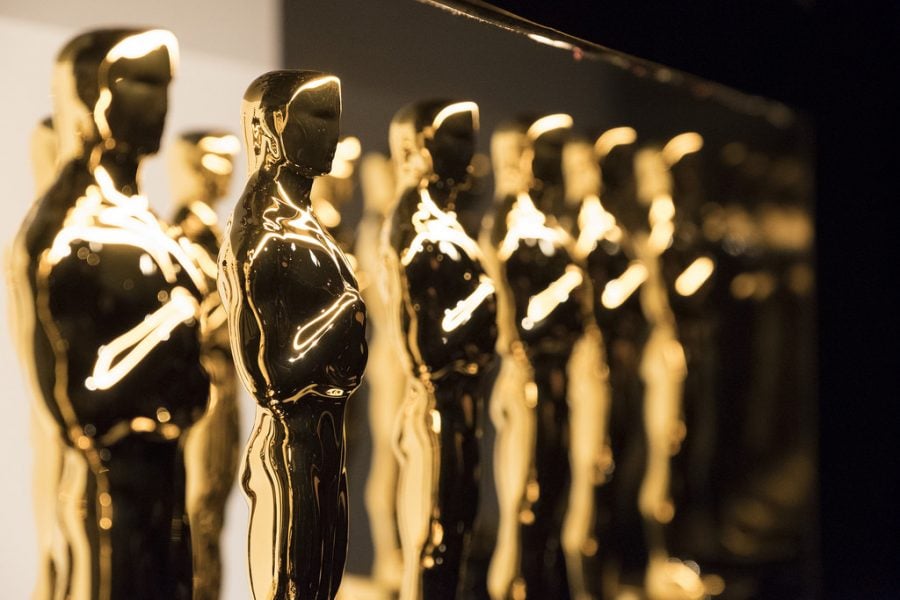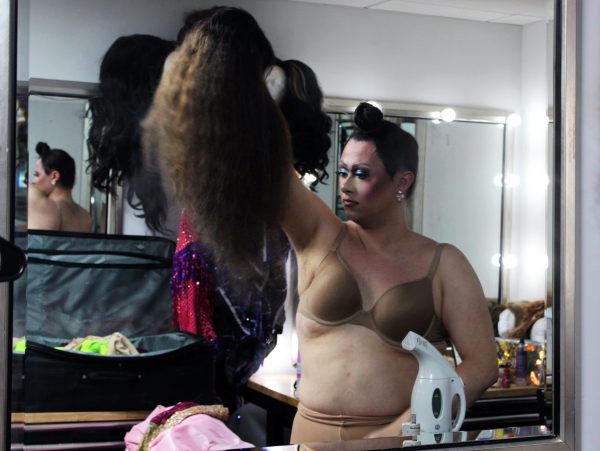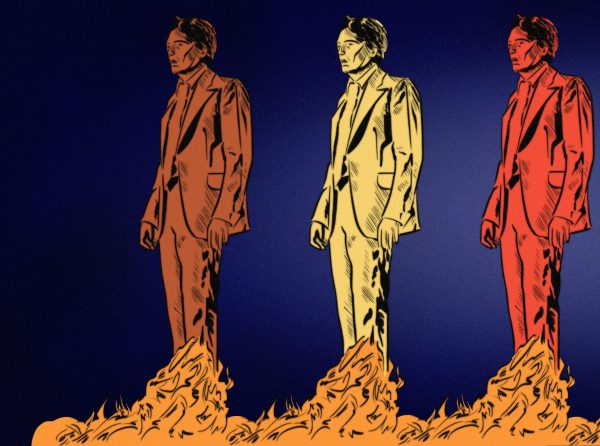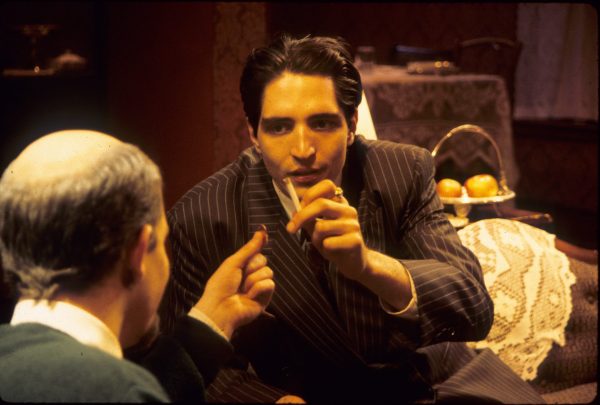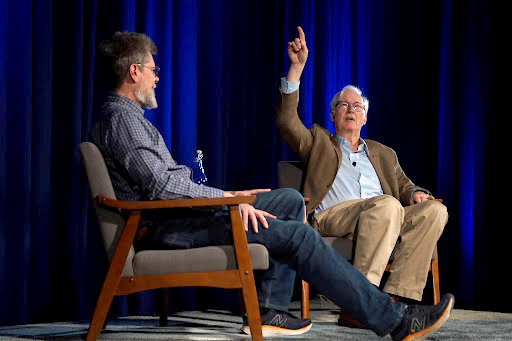And the Oscar goes to…who cares?
Award shows and their impact on the industry
It’s that time of year again, award show season is in full swing and everyone is clamoring to see which movies, albums, TV shows, etc. take home the coveted position of being the “best” of last year. My problem with all this hype surrounding these big shows is simple: does any of this really matter? So, your film, album or TV show won a little trophy, good for you, it doesn’t really make much difference to me. Let me explain.
Don’t get me wrong, I immensely enjoy talking about media. Heck, it’s literally the job description of my one of my majors, and comparing different pieces of media with others is something that comes with the territory. What becomes problematic when talking about media is when people try to use opinions as objective facts. So, Billie Eilish won a slew of awards during the Grammys last week, including Best Record, Best Album and Best New Artist and quite honestly, more power to her, she’s an awesome singer. However, does this mean that because she won all these awards for her work last year that she’s automatically the best recording artist of 2019? I would say no.
Why is it that I’m pointing out the flaws of award shows specifically, and not the media industry as a whole? First: I think all art has merit and the merit of one piece of media can’t be objectively compared with another piece of media, as they are trying to accomplish completely different things. The problem with award shows is that they attempt to do just that, compare completely different pieces of media to crown the “best” piece of media out of the pile, when really some of them shouldn’t be compared. Every single person will have a completely different opinion about something compared to the person sitting next to them, so trying to convince them that one thing is the “best” is going to be a hard sell, no matter how many trophies it wins.
Let’s look at one of the films that’s been nominated for a crazy number of awards at this year’s Oscars: “Joker.” While I totally agree that Joaquin Phoenix deserves recognition for his performance, the score was amazing and it was well shot, the fact that “Joker” is nominated for Best Picture confuses me. The plot is filled with clichés, and any character besides the protagonist Arthur is either an emotionless cardboard cutout or a horrible abusive caricature. While I still do like the film and think that it has merit for bringing to light just how bad the state of mental health care in this country can be, I just don’t think it stands on the same level as some of the other films on the Best Picture list.
Of course, this is just my opinion and you’re more than welcome to disagree with me. That’s the crux of what of what I’m trying to say: it’s okay to have different opinions about something. The problem comes when someone or something tries to use an opinion as a fact, and that’s exactly what these award shows are doing.
“I think nowadays they (award shows) are very rigged,” said Holly Volkerding, a film student at DePaul, “They don’t always work how we think they do.” I also think that the award shows that we’re being shown today are definitely a little bit rigged, not necessarily to dupe us as viewers, but to shine a light on what these people behind the scenes voting for the winners deem to be important.
So, knowing that these award shows are trying to influence us, why do they do it? “To shore up their own legitimacy,” says DePaul media and cinema studies professor Benjamin Aspray. “It’s always important to take their judgments with many grains of salt. There wouldn’t necessarily be anything wrong with that if these institutions weren’t engaged in presenting themselves as the authoritative voices on artistic worth, but they are.” These award shows are the big media companies telling us what they consider to be the best of the best, without letting us make our own decisions.
“Awarding something is great, but I think that putting so much focus on one show’s picks is the problem,” said Taylor Fullerlove, another film student at DePaul. “These shows give teams something to work for, and I think that if they were handled better, like if there would be more shows or even more categories at these shows, that we’d see something more diverse than what we’re seeing now.”
Remember, having an opinion is what makes us who we are, and that differing opinions is what leads to real discussions. The next time you watch an award show and don’t agree with a winner, just smile and move on, knowing that that’s your opinion and you came to it yourself.


